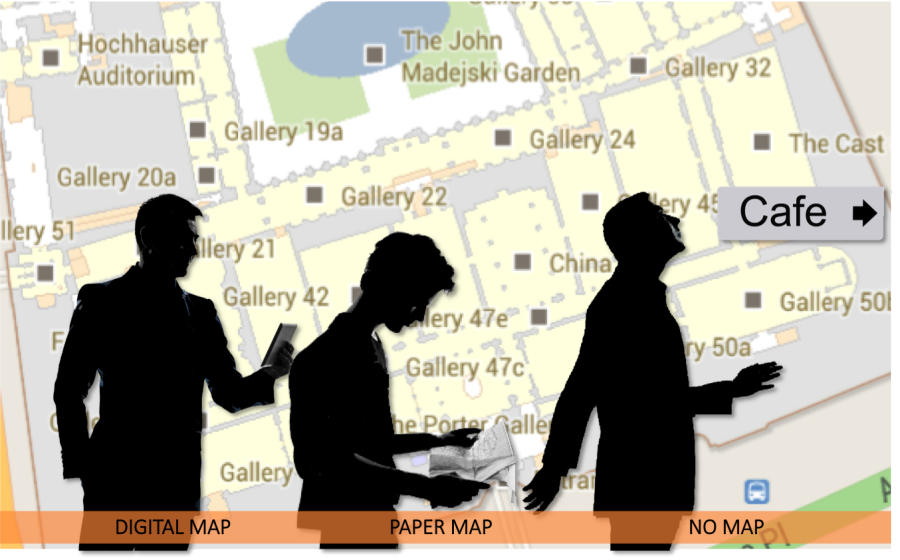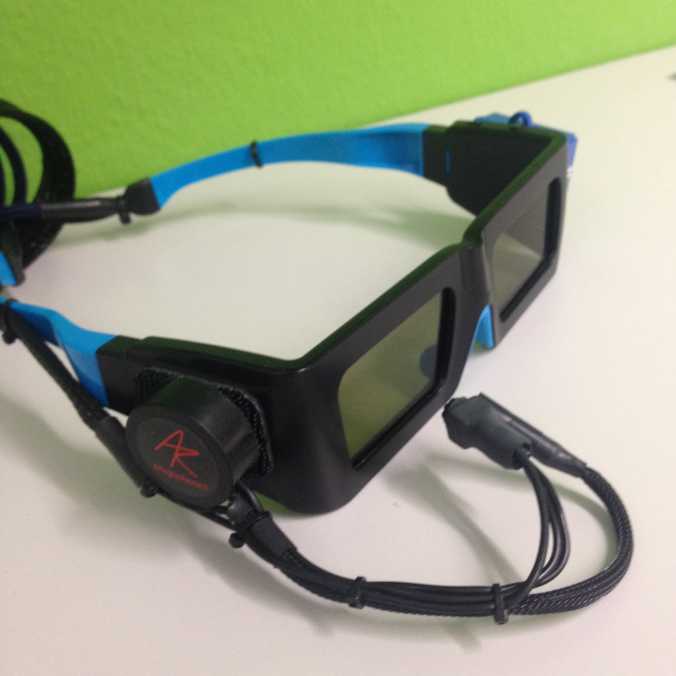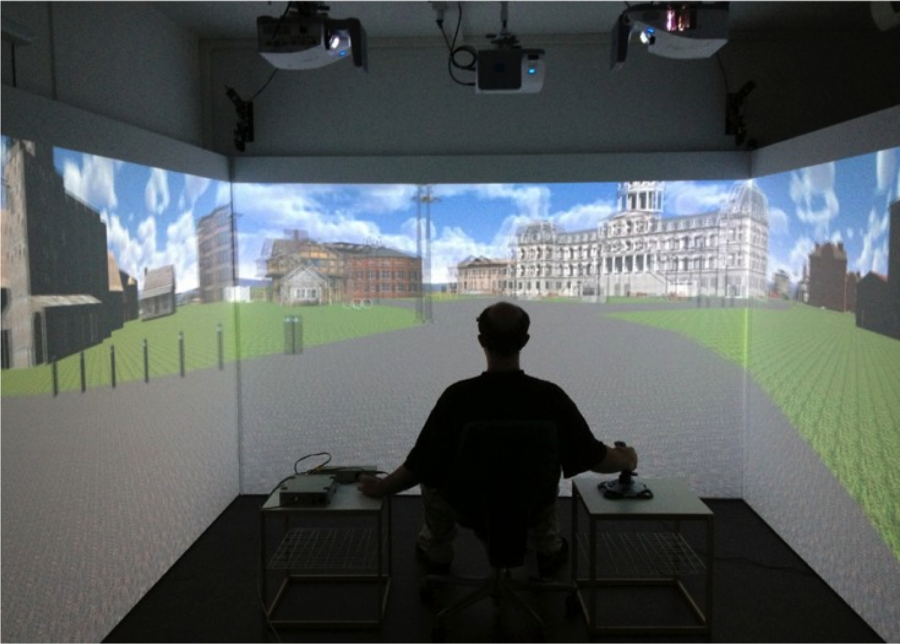Research
The group is investigating basic and applied questions of complex cognition, i.e. understanding how humans tackle complex tasks in real-world environments. For tasks ranging from interaction with a computer system to finding one’s way around a large building or urban environment, people are required to engage in decision making relative to external, technically mediated, information sources. These decisions are often based on incomplete knowledge of the task environment and behavioral options and consequences. Investigating decision-making processes in such settings is crucial for understanding how perceptual processes, memory representations, and reasoning interact to produce complex cognition. Beyond these classic concepts of cognitive psychology, we also look at expertise and background knowledge in the task domain, pertinent expectations and evaluation heuristics, as well as the mental models that individuals form of the task and its technical artifacts. A special emphasis is on understanding and modeling the task context, either via a task and system analysis in human-computer-interaction domains such as desktop or mobile computing, or by analyzing environmental characteristics in spatial navigation tasks (e.g. what information is provided by the environment, what needs to be recalled or inferred). The research in the group is based on collaborations with computer scientists, human geographers, geographic information scientists (GIS), and architectural designers in an international network. Our current projects can be found on the left-hand side.



